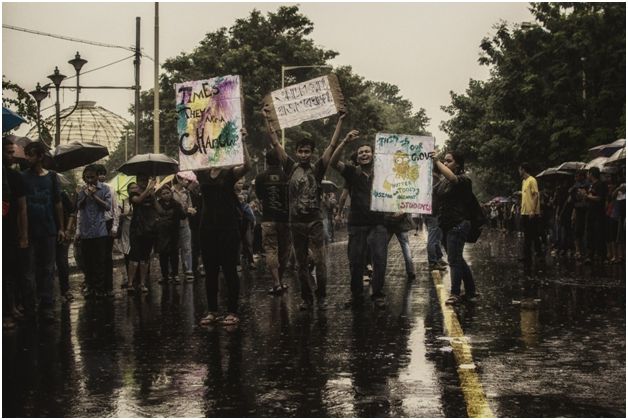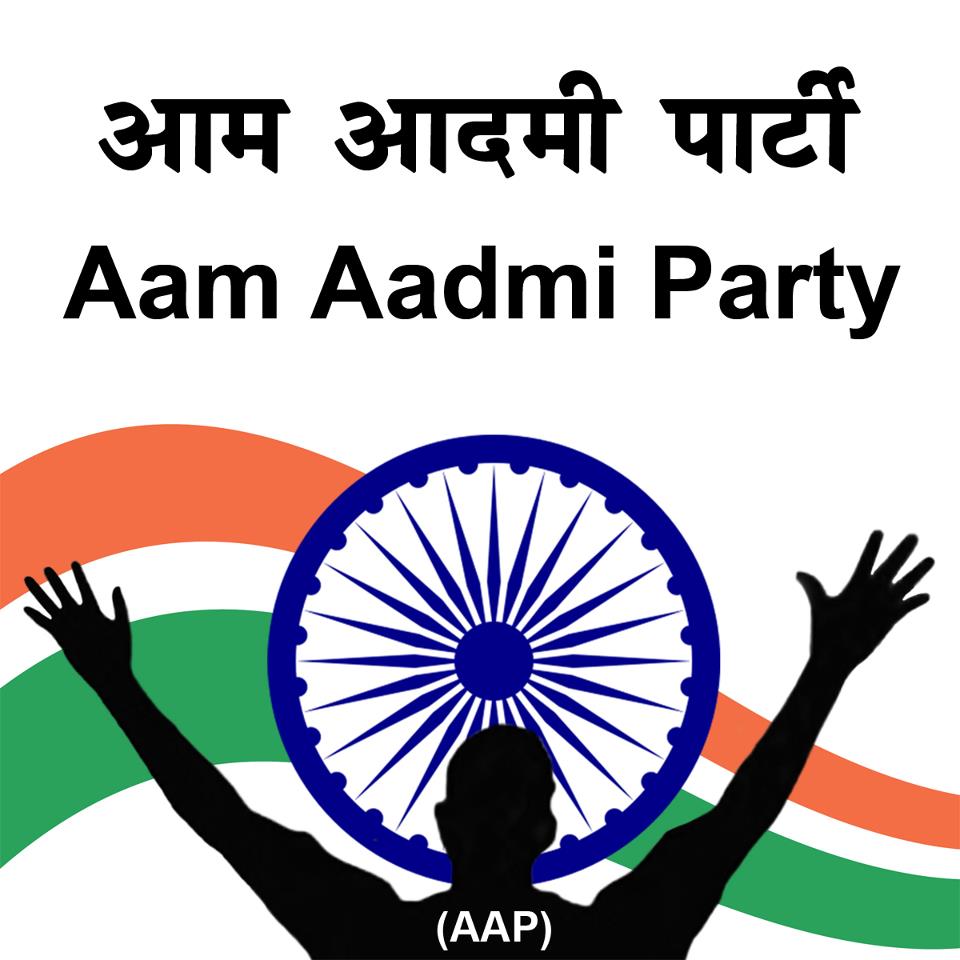Hokkolorob, the words are on every Kolkatan’s lips and look set to stay for much of the immediate future. The city, usually referred in its silent coquettish preference for calm and quiet, has been anything but in the last couple of days. As if, a city that is persuasive in its sense of detachment from the machinery of political humdrums that are usually associated with the national capital, has been shaken to open those weary yet mutinous eyes wide open.
Jadavpur University, one of the premier institutions of the north-eastern region, has been centre to the shake-up. On 29 August, a female student of the university was allegedly molested, and beaten by 10 other male students. Upon approach from the victim’s father, the Vice Chancellor requested for time to look into the matter. Belatedly, the vice-chancellor, convened to form an investigative committee, one that would look into the situation. Responding, to the chancellor’s actions, various groups of students protested outside his office, demanding the inclusion of external members as part of the committee.

On September 16, the committee – as it remained unchanged despite student protests – produced an open letter addressing the students’ code of conduct, rather than the direction the committee was formally set up to move towards. As expected, the enraged students strengthened their protests, and attempted to personally confront the committee and the vice-chancellor. What followed, can only be described in the steel-like, misappropriation of the word “operation”, unintentionally monopolized here to merely reflect the uncalled action, where words would have sufficed – let’s assume.
The Gherao – as it is now being referred to – was lifted after the lights in front of the Administrative block of the University were doused, and students brutally assaulted by the Police. The assault is alleged to have been surrogated by ununiformed men, who made no distinction between students of either gender. As some of the students recover from the brutal assault, the city has united under the hokkolorob (let there be noise) slogan, to protest against the atrocities against students. Over a lakh marched in name of the protest, on Saturday, September 20th, backed by teachers and citizens as well. The protests, have found voice in other regions of the country as well, with students of JNU, and other universities marching in Delhi, and the #hokkolorob slogan, trending all over the country in terms of presence over the internet.
The Mamata Banerjee government, has so far watched from a distance, with a limp missing from their stride, suggesting it is hurt by the incidents that have conspired. The vice-chancellor has been firm, and refused to budge over the moral questioning of his actions.
In among the melee, one that has resoundingly tipped, Kolkata, over the keel of its calm literary rooftops, the question that is flagging its unrighteous head above the despicable handling of the situation – is that in a country that aims to be financially exclusive, how safe can a commoner feel about his own place in society being lawfully inclusive, as well? We have cribbed, and we have complained about the law, being a spoon only the wealthy, or the powerful get to eat with. A student protest – while it may be considered conspicuous in its own anthemic substitution of tools, the constitution claims to provide (wishful thinking perhaps) – can only be considered as exhaustive if the premier promise-land of the constitution uphold.
While lawmakers would argue, there is a chorus of such voices, as there will always be – the logic being that abidance is a two-way-street while judgment has to be unidirectional – there is no reason not to question the proximity of this one-way street to some, as compared to others. Can the tools intervene? Say the enforcers (Police, Defense etc), albeit unexpectedly, make smarter choices? Can the graft of the well-paid policymaker of the country, posit an equivocal bridge-of-sorts, one that he too is prepared to walk half-way? While these questions, externalized as they are, are due their life in the streets, there are some we can pose inwards too. On the off-chance that a day comes, when the two collusively eliminate each other, hokkolorob, are the words, and perhaps, our only choice for the time being.
Manik Sharma reads and writes, and that is about as interesting as he gets.



